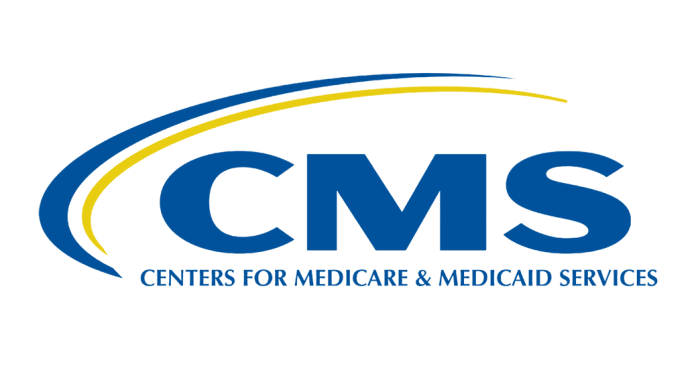
The Centers for Medicare & Medicaid Services (CMS) recently released guidelines outlining criteria that states need to follow when applying for waivers to add work or community engagement requirements for Medicaid recipients.
Earlier this week, Gov. Daugaard commented on this issue during his State of the State address. He plans to move forward with a “pilot” work-requirement program in Minnehaha and Pennington Counties. The program could impact up to 4,500 current Medicaid enrollees and would seek to provide support in areas such as access to employment counseling with an overall goal of assisting enrollees to increase earnings and transition off the program. A panel of stakeholders will help the state develop the waiver for submission to CMS.
Currently, several states—Arizona, Arkansas, Indiana, Kansas, Kentucky, Maine, New Hampshire, North Carolina, Utah and Wisconsin—have applied for Medicaid waivers that incorporate some type of work requirements.
CMS has identified issues that states need to address when applying for waivers including unemployment rates, care giving for children or the elderly and participation in substance abuse programs. Also, certain populations are exempt including those under the age of 18, elderly people, pregnant women and persons with disabilities.
Opponents of the work requirement policy have expressed concerns that it contradicts the purpose of the Medicaid program and have stated they will pursue legal challenges against the new policy if the CMS approves states’ waiver requests.






